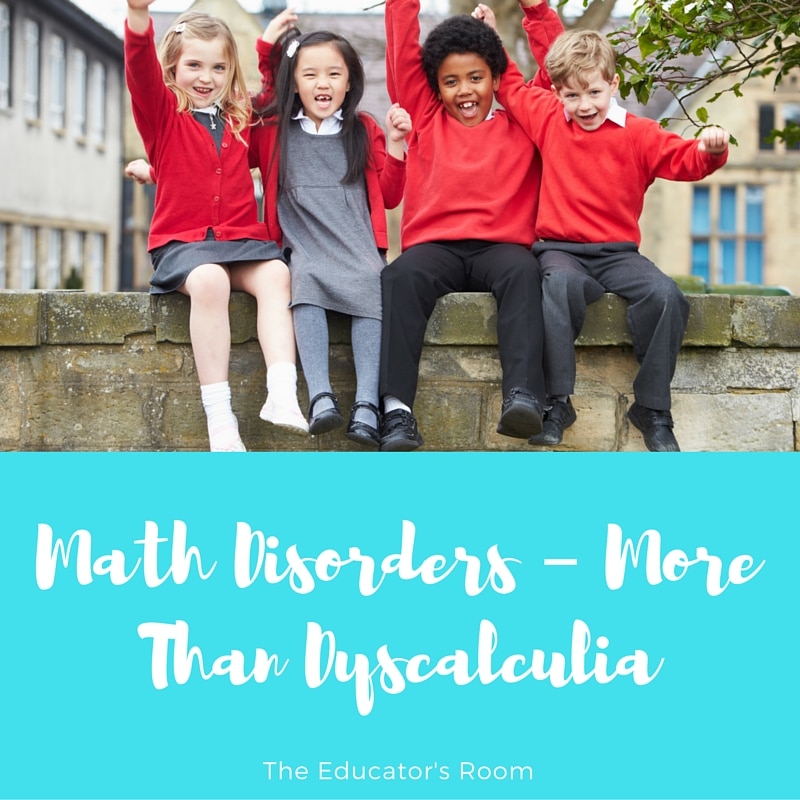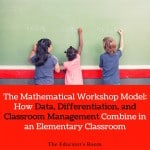Math disorders used to be lumped together under the term dyscalculia. As advancements are made in both educational research and brain science we now know that dyscalculia is just one of many math disorders. By definition someone with dyscalculia has difficulty doing calculations and remembering basic math facts. If you are looking for information specific to dyscalculia you might want to read a previous article that I wrote here.
This article is meant to give you an idea of how to recognize various math disorders. What follows is a list of problems that students with math disorders may have.
Warning Signs of Math Disorders
Preschool and Kindergarten
1. Difficulty learning to count
2. Issues connecting “5” to five
3. Problems connecting numbers to real life situations for example, has problems connecting a number such as “2” to any group that has two things like 2 cats, 2 glasses and so on.
Grade School or Middle School
1. Difficulty learning basic math facts
2. Problems writing numerals clearly and placing them in the proper columns
3. Difficulty with math related words ex. greater than, less than
4. Poor sense of direction and issues telling left from right
High School
1. Problems measuring things as in a recipe
2. Issues with graphs and charts
3. Difficulty finding different was to solve a problem
Recognizing signs of a math disorder give teachers and parents the ability to find solutions that will help students. It is important to realize that these are real disorders that research shows are brain disorders. While they have not come up with a definitive cause research has found some links to heredity, brain development, exposure to alcohol in the womb, and premature birth/low birth weight. Brain injuries may also result in a person having acquired dyscalculia.
The importance of acknowledging math disorders includes the fact that they are now listed in the DSM-V of psychological problems. This means that students are able to receive specific help to “work around” the problem and succeed in middle and high school math. This now places math disorders in the same category of dyslexia which has allowed students to learn how to approach their reading problems.
Next week look for an article on approaches that can be used to help students with math disorders.
Have you ever had a student who had a math disorder?
The following reference which helped me gather information for this article will help you if you want to do more research on your own. Click here for the website.







